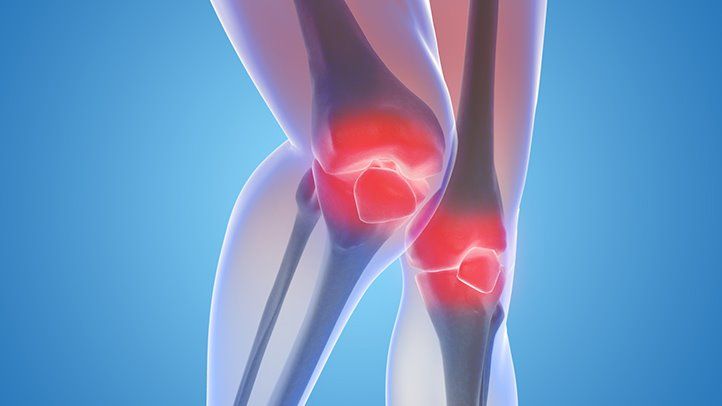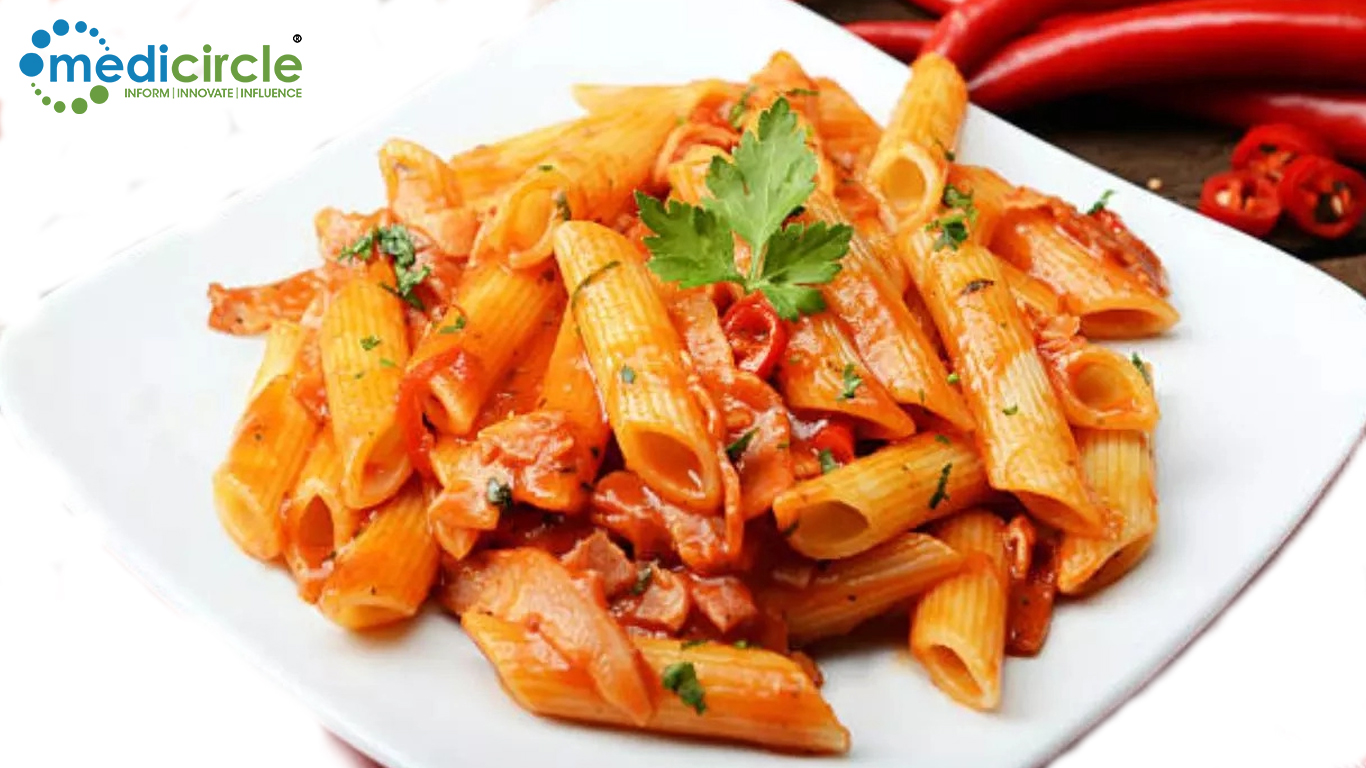Stiffness of joints is common during winters in old age. Due to the drop in temperature, many times our joints get stiff and hard. Joint pain can also be the result of heavy bodyweight which can lead to arthritis. Arthritis is caused by an inflammation of the joints that adversely affects one or multiple joints and leads to joint pain, stiffness, and swelling. Although there are several medicines, rehabilitation and physiotherapy methods to help in treating arthritis patients, the condition can be improved if one is being physically active, maintaining their weight and indulging in yoga and joint relaxing.
Symptoms
Fever
Lymph nodes swelling
Weight loss
Difficulty in walking
Tiredness
Poor sleep
Differentiate between regular joint pain and arthritis pain
In arthritis pain, there will be joint pain, stiffness and swelling in joints, your range of motion may also decrease, redness of the skin around the joint, unexplained joint pain usually accompanied by fever, difficulty in carrying out daily chores due to joint pain while pain killers also cannot cure joint pains.
Pay attention to habits
People who are overweight or obese are more likely to develop arthritis. The more weight you put on, the more is the amount of burden you give to your hips, back and feet.
Consumption of processed foods like sugar and white flour and the o can lead to weight gain, which is hard on sore joints. Replace them with fruits, nuts, and whole grains.
Wearing high heels all the time places your feet in an awkward position that stresses joints, strains muscles, and can throw your back out of alignment. So, women who wear heels daily must keep this point in their minds that this habit may increase their risk of developing osteoarthritis and foot pain.
Injuries also act as risk factors. People who injured a knee in adolescence or young adulthood were three times more likely to develop osteoarthritis in that knee, compared to those who had not suffered an injury.
Lifestyle changes to avoid the risk of arthritis
Maintain a healthy body weight Eat a good diet, include nuts and seeds like walnuts, cashew nuts, pistachios in your diet. Also include more vegetables such as garlic and onions into your diet When it comes to your rotis, try those made of jawar, nachni, ragi, and bajra. These are great for your arthritis-ridden joints because they contain nutrients that help ease your pain. Pay attention to your posture, avoid high heels Keep a regular tab on your vitamin B12 and vitamin D3 levels, the latter being slightly more important in case of arthritis. Keep injuries at bay.
Disclaimer: The content on this site is for informational purposes only, and should not be taken as professional medical advice. Always seek the guidance of your doctor or other health professionals for any questions you may have regarding your health or a medical condition.

 The Winter season is at its peak. Pay little attention to these habits so as to avoid the risk of developing arthritis.
The Winter season is at its peak. Pay little attention to these habits so as to avoid the risk of developing arthritis.



















.jpeg)











.jpg)




.jpg)


